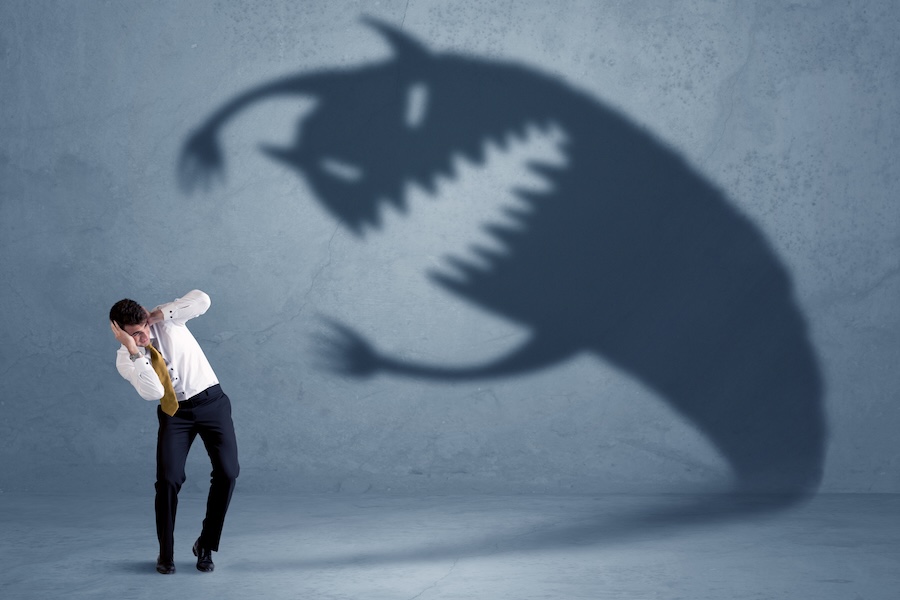The freedom problem: How being your own boss backfires
Many entrepreneurs chase freedom. Freedom of time, money, and control. But as leadership coach Brad Giles writes, that without accountability, patience, and discipline, that same freedom can quickly backfire.
Most people start a business for freedom. Freedom of time, financial freedom, the freedom to do what they want, when they want, however they define it. On the surface, it looks like the ultimate prize: no boss, no rules, no one telling you what to do.
But here is the paradox. That freedom often creates the opposite result. Without accountability, owners chase too many ideas, grow impatient, and make impulsive choices. The business that was meant to give them freedom ends up taking it away. I have seen this play out again and again with owner led companies, and I have made the same mistakes myself.
Freedom without a boss isn’t free
In corporations, accountability is built into the system. Leaders answer to boards, who in turn answer to shareholders. You may not like the quarterly pressure, but it forces alignment. Everyone knows the objective: deliver profit and shareholder value. That discipline channels effort and makes it difficult to stray too far from the goal.
Start-ups operate under a similar pressure. Investors expect rapid growth or valuation increases. Founders may dislike the constant demand for progress, but those expectations act like a forcing function. They narrow the field of options and push leaders to concentrate on what matters most.
Owner Led Companies are different. There is no external anchor. You do not have to answer to a board or shareholders. You wanted freedom, and you got it. But with no one setting the objective, there are countless paths you could take. One month you launch a new product, the next you expand overseas, then you decide hiring faster is the key. Each move feels exciting, but without focus the business drifts.
As one of my mentors once said, “The problem with entrepreneurs is that the profit doesn’t stick.” Without this external structure, short-term wins appear and disappear, never compounding into long-term success.
The danger of impatience
Freedom without boundaries feeds impatience. With no one telling you to stay the course, it is tempting to demand results too quickly. Owners throw themselves into bold initiatives, but if the payoff does not come fast enough, they abandon the plan and chase the next opportunity.
Over time this creates a pattern. The owner becomes an impulsive risk taker. In the early days, this style can be an advantage. Bold moves and quick decisions can create momentum when the business is small. But as the company matures, the same behaviour damages it. Long-term strategies get cut short. Teams grow weary of constant changes in direction and customers begin to question the consistency of the business.
Impatience does more than waste energy. It overcommits resources. Owners stretch their people and their capital across too many bets, hoping one will deliver a breakthrough. Most do not. Instead of building momentum, impatience drains it.
The cost of lost discipline
The other danger is lack of discipline. With freedom comes the ability to chase any idea, but without discipline it soon becomes chaos. Owners take on more initiatives than they can deliver. Projects are launched before the last ones are complete. The core business gets neglected while energy is diverted to whatever seems urgent.
A lack of discipline means profits spike and then vanish. Strategies are spoken about but rarely finished. Staff wait for priorities to settle, but another new idea is always just around the corner. The organisation never develops the steady rhythm needed to deliver consistent results.
This is why freedom often feels heavy rather than light. The owner carries the weight of every decision, but without discipline those decisions rarely build on each other. Complexity grows, but the business does not necessarily get better.
The way forward: Combine patience and discipline
The problem with freedom is not freedom itself. It is freedom without the qualities to manage it. Freedom without discipline and patience creates impulsive risk takers. But when owners develop both patience and discipline, they evolve into something much stronger: strategic executors.
Strategic executors value freedom, but they harness it. They have the discipline to hit short-term financial targets and the patience to stay with long-term goals. Instead of chasing every idea, they build momentum that compounds.
The difference is powerful. With better teams, they create stability instead of upheaval. With better customers, they earn loyalty and trust. With better offerings, they stand out in crowded markets. With better financials, they turn profit into lasting strength. And when all of these come together, they gain what they wanted most at the start – a better life, by design.
I have seen owners who make this shift create businesses that give far more than they take. They are still free, but now that freedom works for them instead of against them. That is how being your own boss becomes what you imagined at the beginning: not just bigger, but better.



